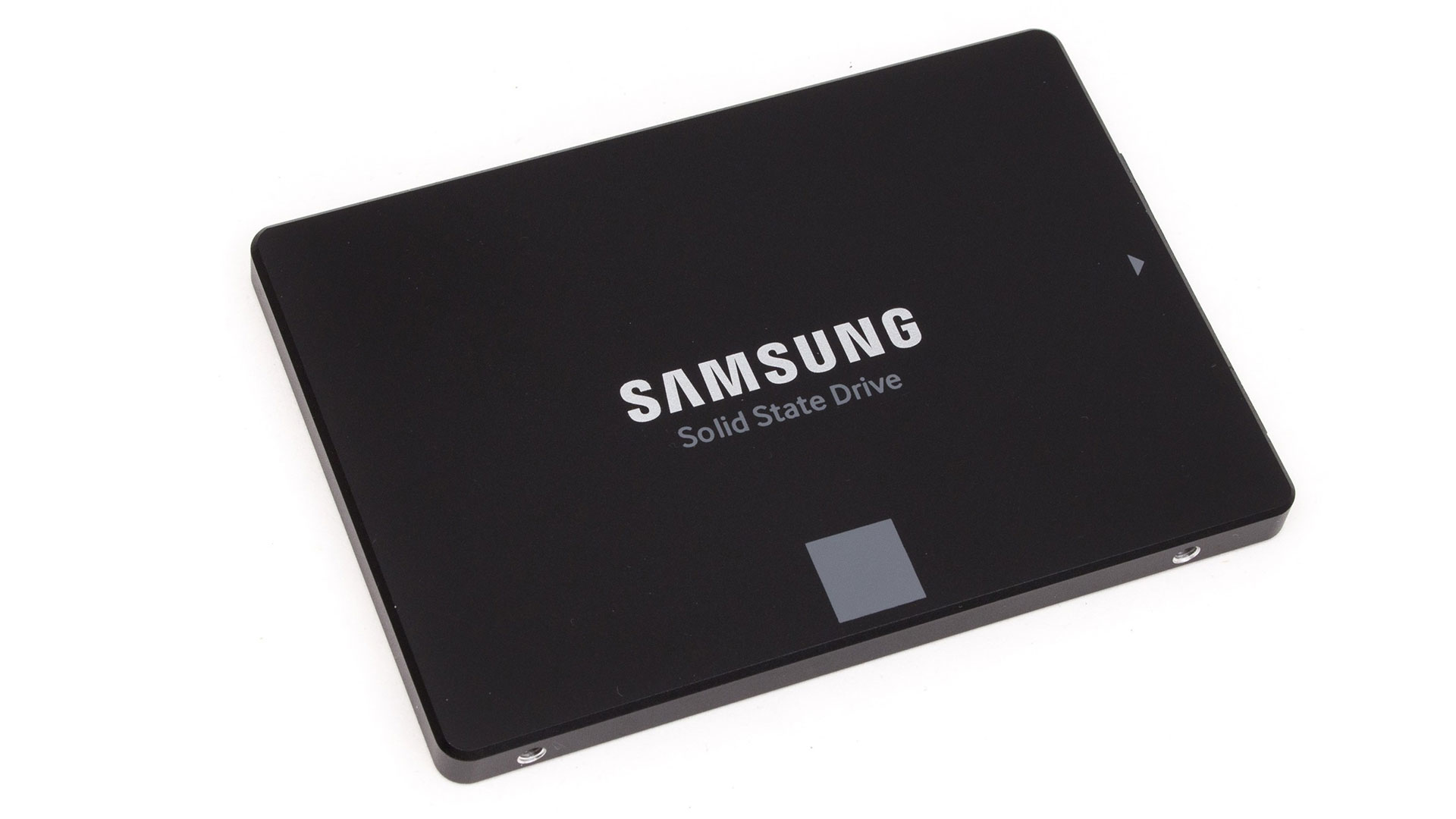Is my SSD dead?
If your SSD suddenly disappears, the issue may not be as catastrophic as it seems.

I tried turning on my computer, but it won’t boot. After checking out things in the BIOS, it looks like my SSD is no longer being detected by the motherboard. My connections are secure and I haven’t had problems with it before. Am I screwed?
Sincerely,
Tom Puter
Tom,
Brace yourself. It’s possible that yes, you’re screwed. But it’s also possible that you’re experiencing a fairly common issue with SSDs. Sometimes they’re caught off guard by a sudden power loss and don’t have time to properly discharge, or shut down, according to their firmware protocol. It’s during this stage where, depending on that lovely (or not) firmware protocol, your drive lives or dies.
We’re not completely clear on the process that causes an SSD to ‘disappear’ because it’s going to vary with each manufacturer and the conditions in which it was being used during power loss, but if you’re lucky, giving your SSD a quick power cycle ought to bring it back to life with all your files intact.
Be sure to check your specific hardware manufacturer for their specific guidelines if they exist, but in general, power cycling works as follows:
The biggest gaming news, reviews and hardware deals
Keep up to date with the most important stories and the best deals, as picked by the PC Gamer team.
- Crack open your PC and remove the SATA data connection from your SSD, but leave the power in.
- Turn on your PC and leave it idling for 30-60 minutes.
- Turn off your PC and remove unplug the power from the SSD for at least 30 seconds.
- Now you can either repeat steps 2 and 3 (as many times as makes you feel OK) or plug everything back in and try to boot your PC normally.
If it doesn’t work, be sure to give it another shot—perhaps a few cycles with longer wait times—before losing hope. But if your SSD does come back to life, congratulations! Hold up though, you’re not out of the woods quite yet. Be sure to check the integrity of your drive before moving on. Type “chkdsk” in Command Prompt (running as administrator) for a quick look at your file system integrity, and if your SSD came with any proprietary management software, there are often built-in tools for monitoring its health. Sudden power loss can still result in damage to your SSD, even if it seems healthy.
A study by the University of Ohio (via ExtremeTech) broke down what happened to a slew of SSDs after experiencing a sudden loss of power, and the results aren’t pretty. Not every drive ended up corrupted, but the majority did not behave as expected. Manufacturer firmware is designed to skirt around these issues, but we’ve been working with disk-based data storage solutions for decades now, and by comparison, flash storage is still a young technology. Manufacturers just don’t have enough data and experience to build in truly reliable redundancies quite yet. That being said, the study was conducted a few years back, so flash storage tech and supporting firmwares have undoubtedly improved—it’s not like I’m hearing horror stories about SSDs everyday. We wouldn’t recommend them if that were the case.
James is stuck in an endless loop, playing the Dark Souls games on repeat until Elden Ring and Silksong set him free. He's a truffle pig for indie horror and weird FPS games too, seeking out games that actively hurt to play. Otherwise he's wandering Austin, identifying mushrooms and doodling grackles.


